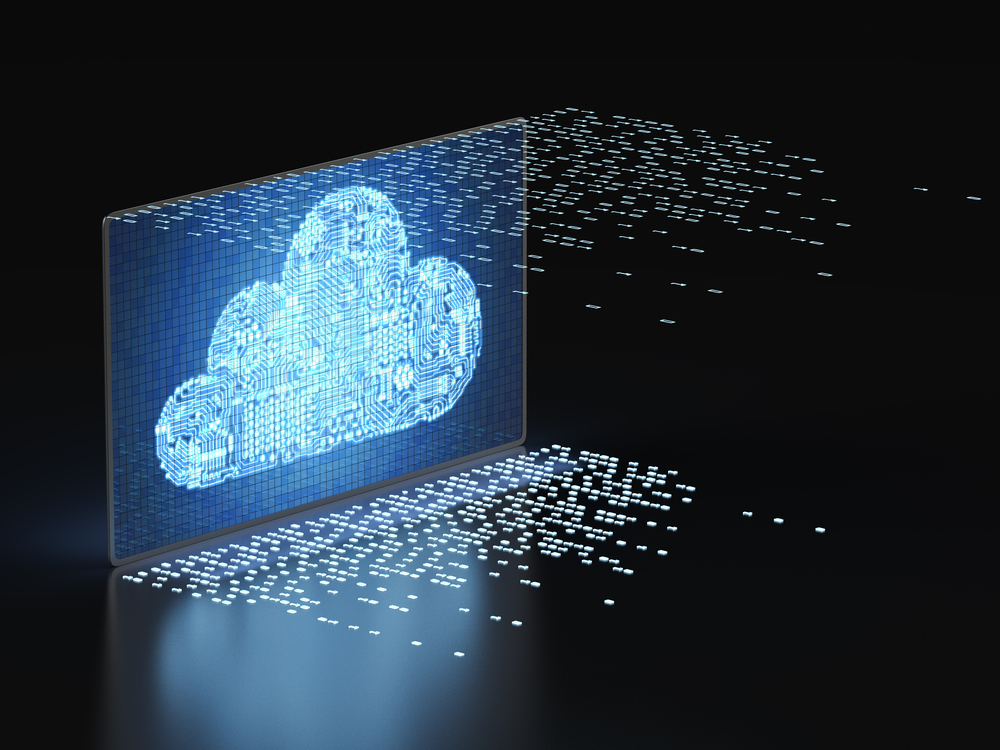
Accenture and Microsoft recently announced the completion of one of the “largest and most complex” cloud migrations in history, moving multinational consumer goods giant Unilever and its 400 brands to cloud-only operations.
The key aims of the 18-month project were to accelerate product launches, enhance the customer service experience, improve operational efficiency, and meet the sustainability commitments set by Unilever by reducing carbon emissions.
Unilever is the fifth largest consumer goods company by revenue, according to CGT, with $62 billion in revenue and a long list of top brands, including Dove, Knorr, Axe, Ben & Jerry’s, Hellmann’s, and Magnum.
One of the main upgrades Accenture and Microsoft have built for Unilever is an “industrial metaverse” that uses real-time data from simulated digital twins factories to inform physical factory improvements. Unilever already has two factories, in Tianjin, China and Indaiatuba, Brazil, which have been awarded Lighthouse status as two of the world’s most digital advanced factories. It aims to have more of these through the use of the industrial metaverse platform.
“We’re using advanced analytics to make better-informed decisions quicker than ever before,” said said Steve McCrystal, chief enterprise and technology officer at Unilever.
This includes the use of artificial intelligence to identify trends and make quicker decisions on new product launches, with forecasting services to better understand consumer needs and market changes. Research and development teams will be empowered with high-quality analytics to create items that consumers are asking for at a quicker rate, while also getting a better understanding of why a certain product is not performing as well as expected.
“The path to business resilience now and in the future is through total enterprise reinvention—which involves the transformation of every part of the business—with cloud at the core,” said Nicole van Det, senior managing director at Accenture. “With access to the full continuum of cloud capabilities, including generative AI, Unilever has the elasticity to drive innovation faster, accelerate growth and continue to set the pace as a digital powerhouse and leader in its industry.”
See also: You’ve Migrated to the Cloud, Now What? 4 Critical Cost-Saving Practices
Embracing new technologies with the migration
Generative AI is a subject on every organization’s mind, and Unilever is taking advantage of Microsoft’s close partnership with OpenAI, by applying Azure OpenAI Service across Unilever’s many brands and departments to enable better customer experiences. What this means on the day-to-day is not clear, but Azure OpenAI Service offers the ability for brands to create campaigns, adverts, and other promotions utilizing data collected on consumer interests and feedback.
“With Microsoft Azure as its cloud foundation, Unilever’s end-to-end digitization will enable rapid innovation across its entire business,” said Judson Althoff, executive vice president and chief commercial officer at Microsoft.
Microsoft has several ways for organizations on Azure to lower their carbon footprint, with its Green Cloud Advisor tool, Unilever is able to transition its cloud operations to be more sustainable and eco-friendly.



